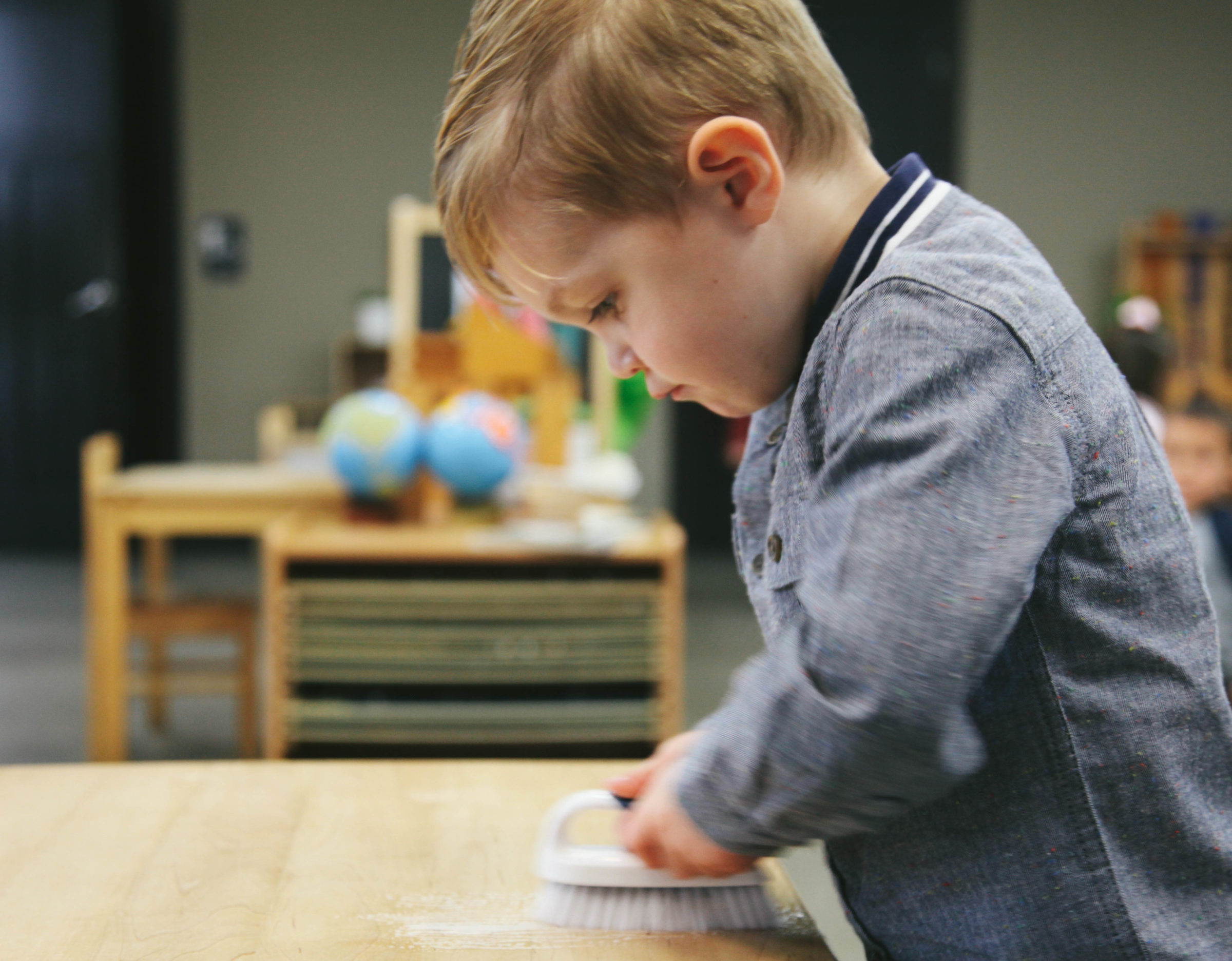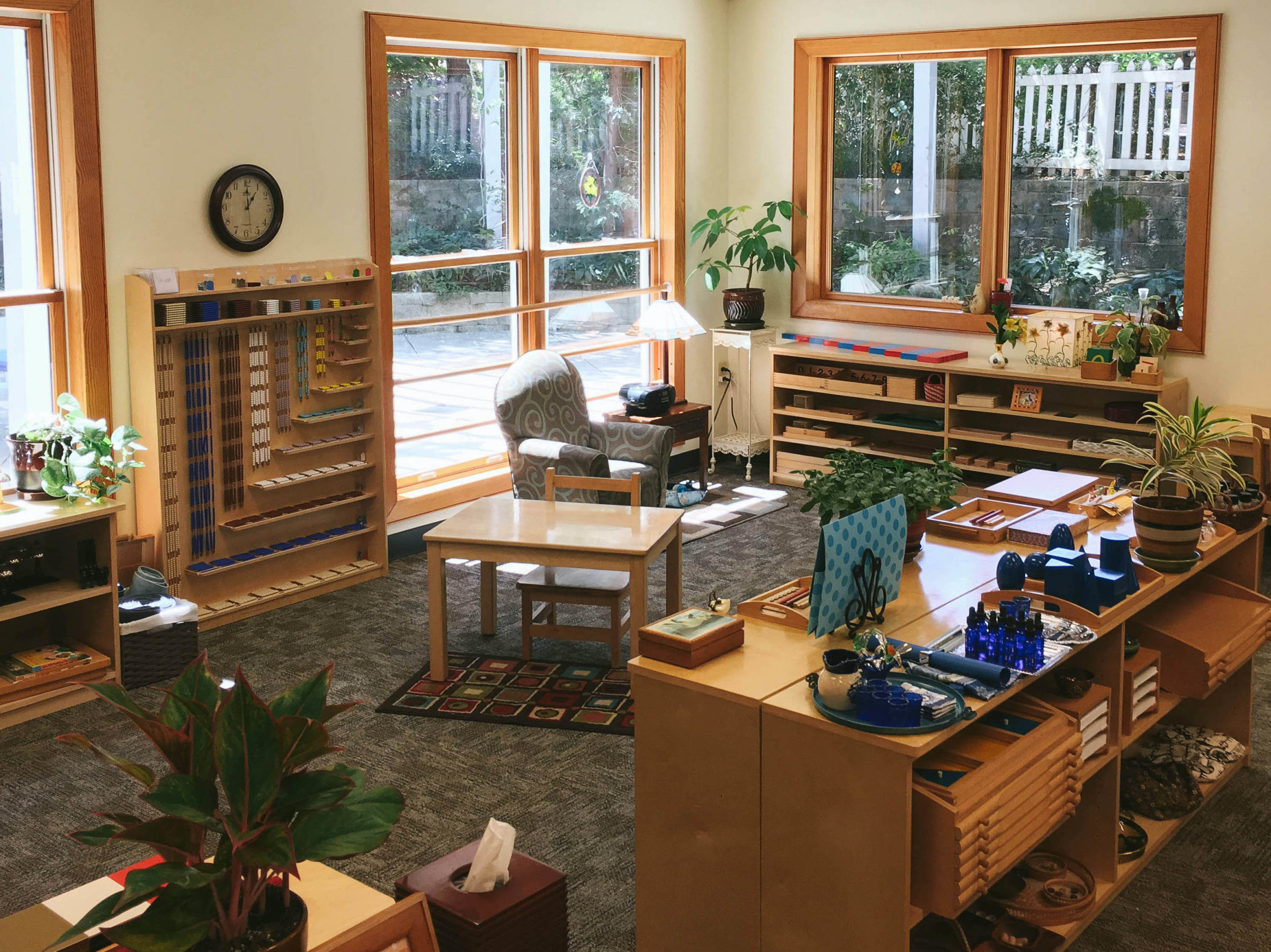Spotlight Maryse Cohen
Spotlights
Q: Can you tell us a little bit about yourself? Your background, your interests, your dreams?
I’m currently living above the Arctic Circle in the small Inuit community of Cambridge Bay, Nunavut, Canada. Nunavut is a special place to be. There are no trees, it is silent, vast, isolated and you can only access the communities by plane. It’s the land of the midnight sun where there’s a mix of ancient and modern ways. I’m teaching Early Childhood Education at Nunavut Arctic College. It’s a 2-year program designed for students to leave with an ECE diploma, which allows them to work in daycares and preschools.
I come from a mixed background: my mom has French-Canadian, Scottish, and Irish roots, and my dad’s side is Jewish from Eastern Europe. I grew up in Canada’s capital, Ottawa, which like many capital cities is multicultural, a representation of the whole world. I feel that the entire earth is my home, and I seek out experiences of new cultures and new ways of thinking. After finishing my B.Ed., I taught in Japan. More recently, I worked through an organization called Child Haven International in Bangladesh and Nepal supporting local teachers in their use of the Montessori approach. My own Montessori training was in Portland, Oregon at Montessori Northwest. I taught in Montessori schools for 7 years before coming to the Arctic.

I am passionate about the well-being of children. My dream is to help create educational environments that truly respect and nurture children. We need to see the child’s potential, allowing them to be themselves, not imposing conditionings that stop them from following their own path.
Q: Now that the hardest question is out of the way: What’s your favorite color?
Bright magenta! For me it evokes flowers, vibrancy and richness.
Q: Do you have a favorite book?
On my bedside table, there are a few books that I’m enjoying: D.H. Lawrence, Lady Chatterley’s Lover (a beautiful hardcover gift from an older friend who is wanting to pass on her love of literature), Osho, The Book of Wisdom (reading this book is like sipping on a fine wine with great insight into our inner consciousness) and Spirit Wrestler, by James Houston (the extraordinary tale of an Eskimo Shaman).
How about a film?
Filmwise, I’ve enjoyed some recent films as well as older classics: Arrival (a brilliant sci-fi story and great acting), The Way We Were (I love Robert Redford and Barbara Streisand), Chinatown (a uniquely intriguing movie) and The Great Escape (a very entertaining film, showing the ingenuity and resilience of humans).
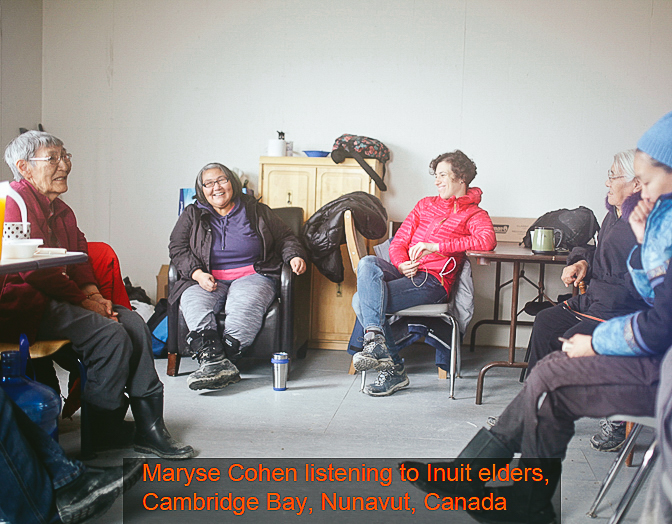
Q: When you close your eyes late at night, and imagine waking up and starting a new adventure: what is that adventure?
I already feel that I’m living a great adventure and everyday I appreciate how it’s taking me out of my habitual ways and bringing me new understandings.
Q: What first appealed to you about Montessori?
This question takes me back to the first days of my Montessori teacher training in Portland, Oregon. I recall feeling so inspired and deeply touched by Montessori’s ideas about children and education and I was enthralled seeing the beautiful, carefully prepared children’s environment.
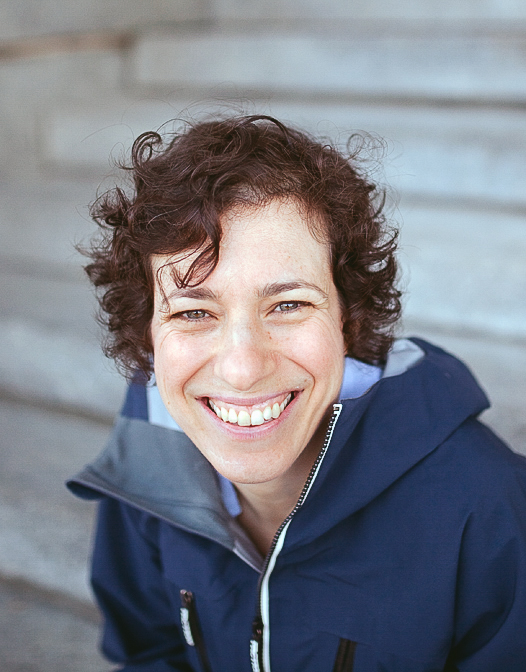
Q: What advice do you have for new Montessori adults?
Montessori said: Don’t follow me, follow the child. That has always stood out for me, but it has taken me some time to really get what she was saying. In my early years of teaching, there were a number of occasions when I presented what I thought was a well-prepared Montessori lesson to a child and did not get the positive response I had anticipated. I felt frustrated not knowing how to engage the child, but looking back I realize that in those moments I was not seeing the child, I was not following the child–I was focused instead on my lesson plan.
So how can we let go of our own agenda? In my experience we need to be patient and watchful so that we can see what the child is showing us, and find creative ways to respond to their needs and interests.
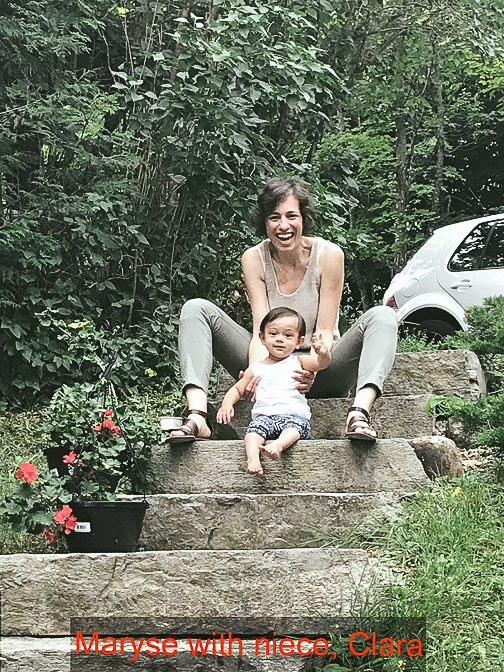
In my view Dr. Montessori wasn’t trying to create a system. She was trying to show us how to create an environment that would allow each child to flower in their own way and in their own time. Because the adult’s role in that requires alertness, intelligence, understanding, and a deep respect and affection for the child, it is essential for us as Montessori educators and parents to prepare ourselves so that we don’t robotically follow fixed ideas or our own adult agendas.
Furthermore, Montessori saw the teacher as being part of the learning environment. The teacher needed to be spiritually prepared, a positive presence, and alert to not bringing anger and pride into the children’s environment. Then the teacher would be able to see the child and respond with intelligence and sensitivity. For me personally, my preparation focuses on taking care of my emotions through meditation, dance and other activities. I try to keep a balance between the time required by my commitment to my work as a teacher, the time I need for my personal and family life, and the time I devote to my own education and inner growth.
Q: Did you have a “Montessori Moment?”
In my first year of teaching, a young child was watering the plants that were at her level, but there was one plant that was higher. She asked me: “Can you put the plants where little girls can reach them?” This is what Maria Montessori spoke about: the child wanting and needing to be a full participant in the environment. Our job is to help bring this about.
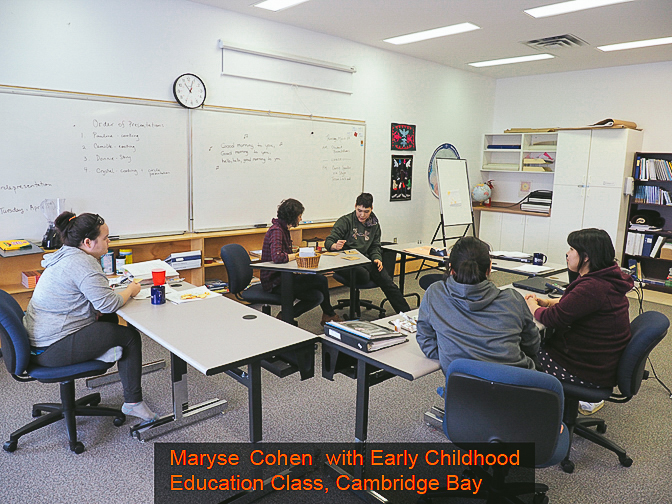
Q: What’s your favorite Montessori quote?
“The training of the teacher who is to help life is something far more than the learning of ideas. It includes the training of character; it is a preparation of the spirit.”
Q: In what ways do you envision the future of education?
It’s interesting that the word education has two different meanings: one being to train, to mold, and the other to draw out.
The latter meaning of education is the one that resonates with me and the one I try to serve in my own work as a teacher. My vision and my hope for the future education is that our society moves from primarily seeing education as something that molds to something that brings out the potential of each child.
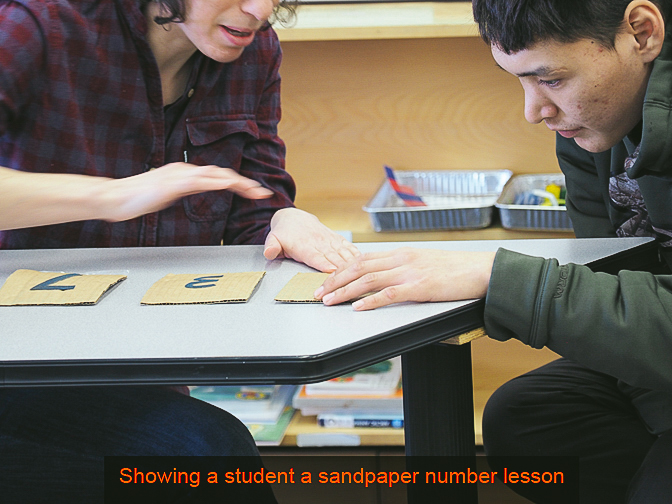
Q: Where do you see Montessori in the next 100 years?
It has been over 100 years since Dr. Montessori started her first school and began sharing her understanding of children, and her presence is still very much felt today. More and more people know about Montessori, more people are blogging about it, new schools continue to open and expand, and training centers continue to attract new students. I think this longevity speaks to the fact that the Montessori approach works for children and adults. I think that if we remain true to the essence of her vision, the Montessori approach can continue to grow and adapt in ways we have yet to imagine.
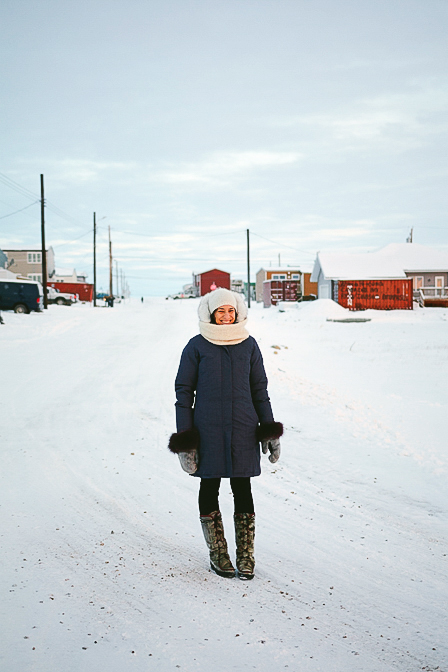
For example, I would never have imagined that Montessori could reach the Arctic. But interestingly, Montessori’s principles are in alignment with what are called the Inuit Qaujimajatuqangit principles (known in short as the IQ principles, which were given by Inuit elders at the time of the creation of the Nunavut territory (1999) to guide its future. Perhaps, because of this alignment, the Montessori approach has been an excellent fit for early childhood education in Nunavut. For me, this shows that when the integrity of her core teachings is respected, the Montessori approach can be adapted to any time or culture. This gives me great hope for the future of our children.

Written by:
Charlotte Snyder


